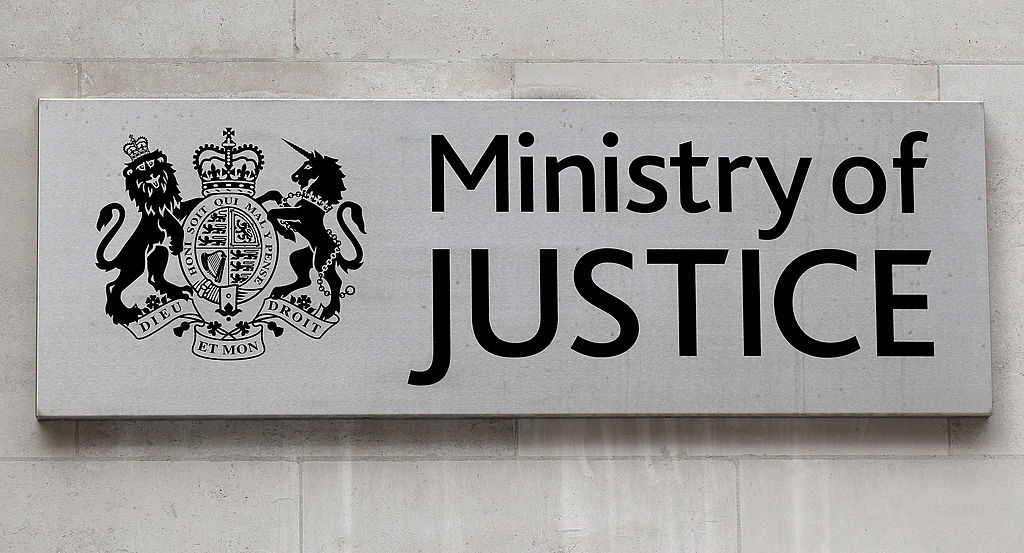Imagine this: you are a victim of domestic violence, and your partner regularly strangles you to the point of unconsciousness. During each attack you think you are about to die. You lose control of your bladder during these attacks, and afterwards find it hard to speak, feeling like you have swallowed broken glass. You suffer from flashbacks and live in fear of the next attack, imagining that this time you will never regain consciousness.
Being strangled during a domestic violence attack is as common as it is terrifying. Police routinely fail to recognise its seriousness. Non-fatal strangulation is often charged as the minor offence of common assault and it is often not even added to the charge sheet in cases of domestic violence, as campaigners against domestic violence – including a number of survivors – have long drawn attention to.
The Government can save lives with the third reading of the Domestic Abuse Bill this week by passing a proposed amendment which would make non-fatal strangulation – in a domestic abuse context – a specific and more serious offence than it is currently understood and treated.

Get Britain's best politics newsletters
Register to get The Spectator's insight and opinion straight to your inbox. You can then read two free articles each week.
Already a subscriber? Log in








Comments
Join the debate for just $5 for 3 months
Be part of the conversation with other Spectator readers by getting your first three months for $5.
UNLOCK ACCESS Just $5 for 3 monthsAlready a subscriber? Log in